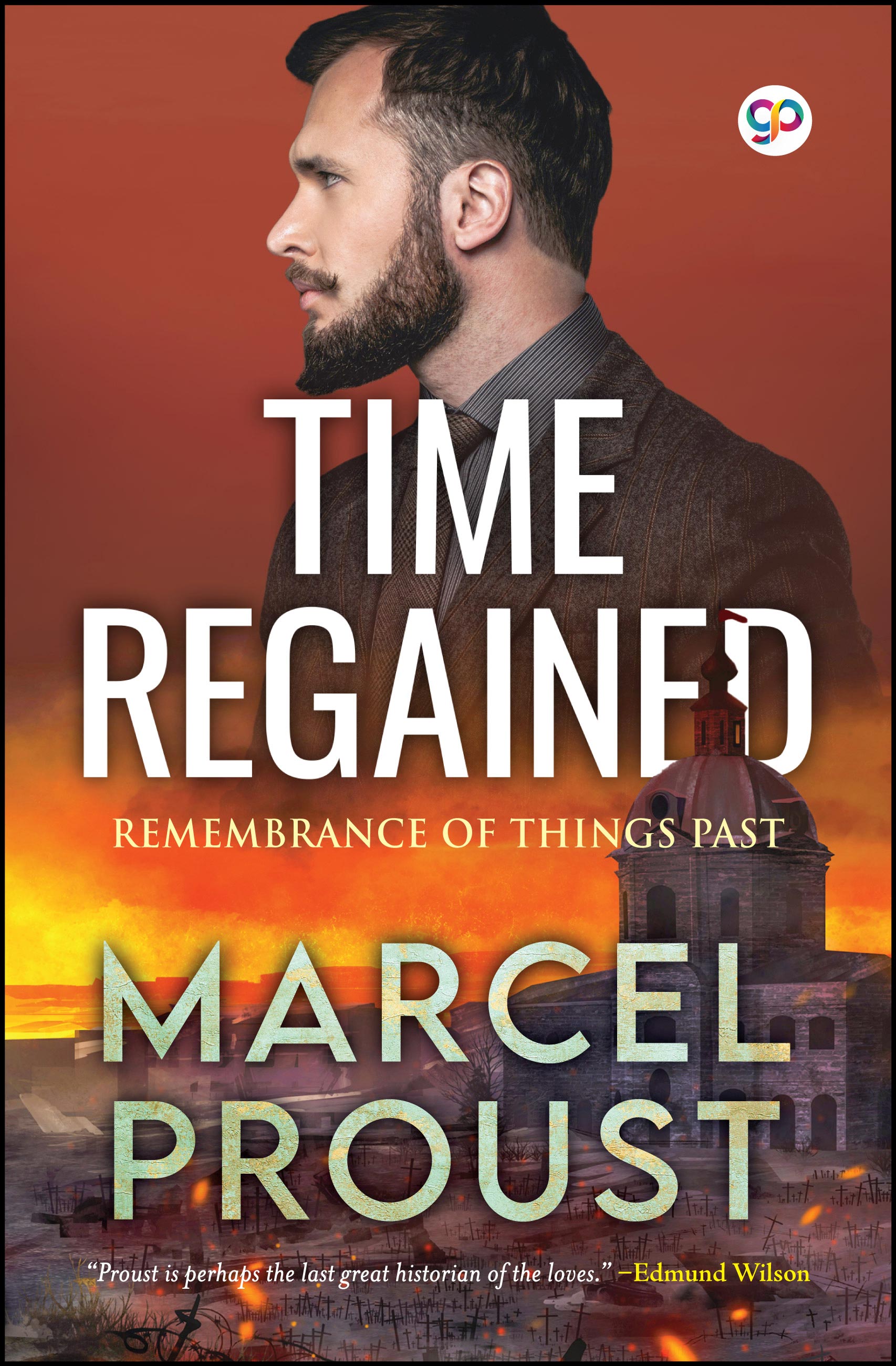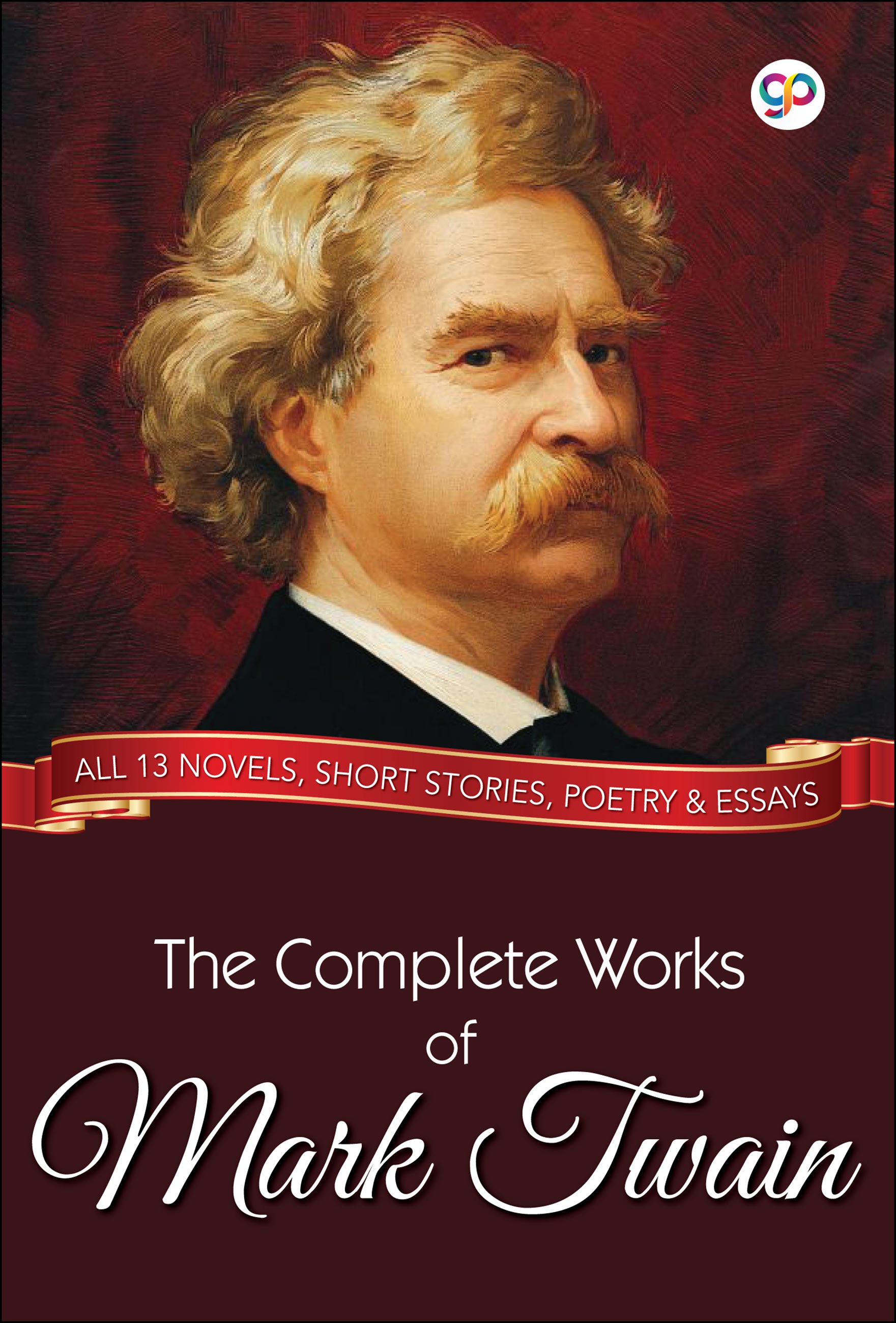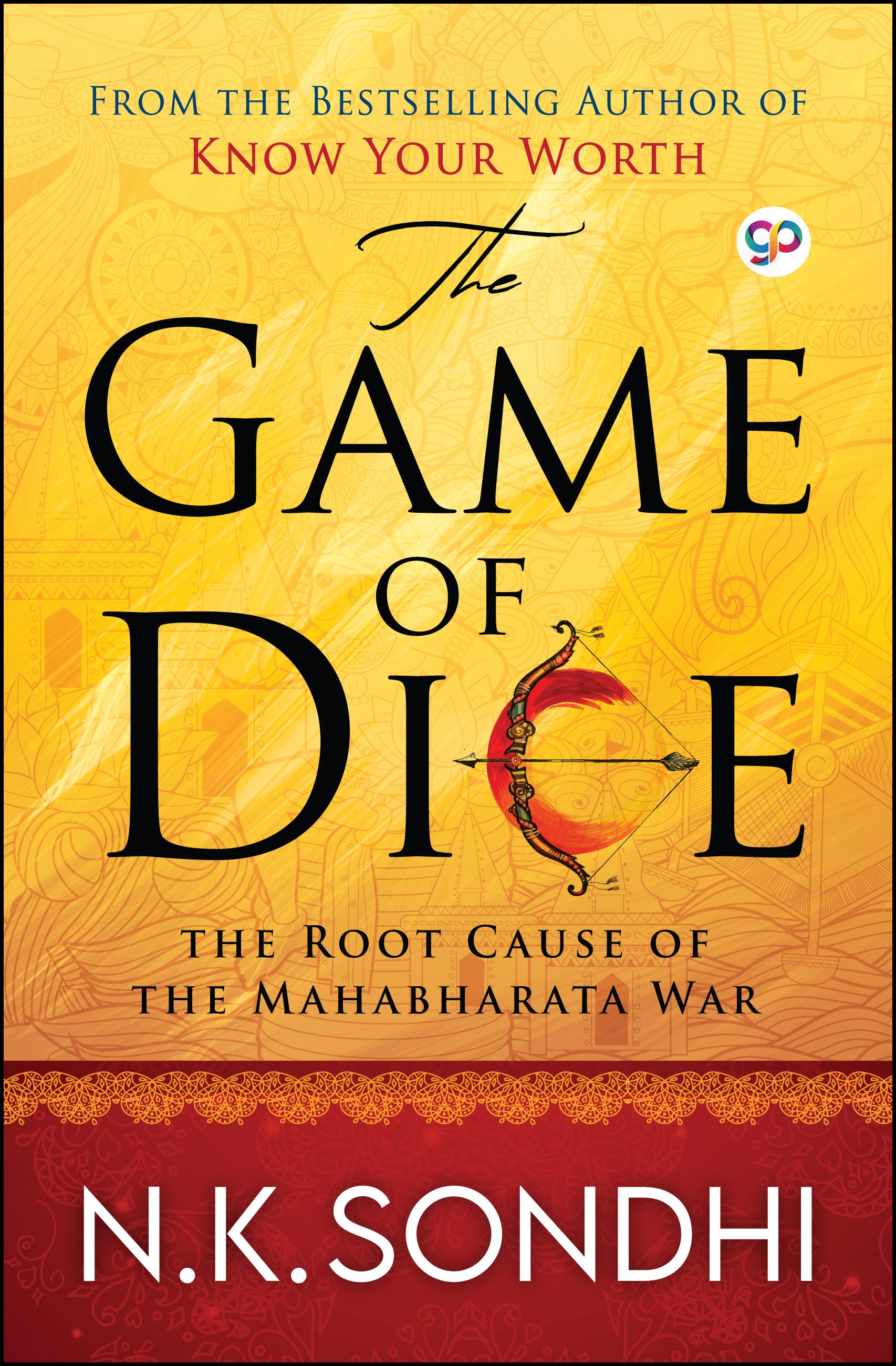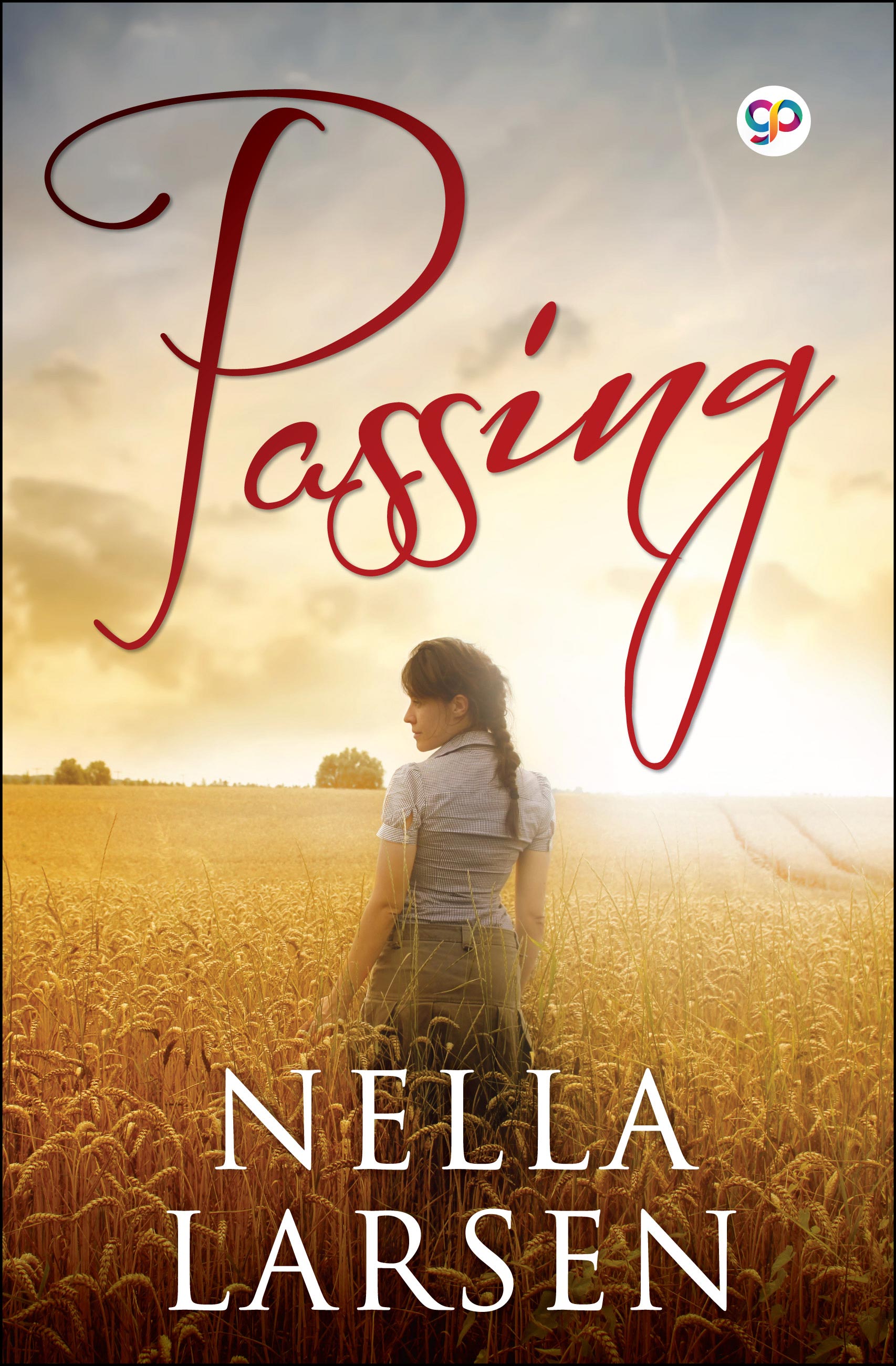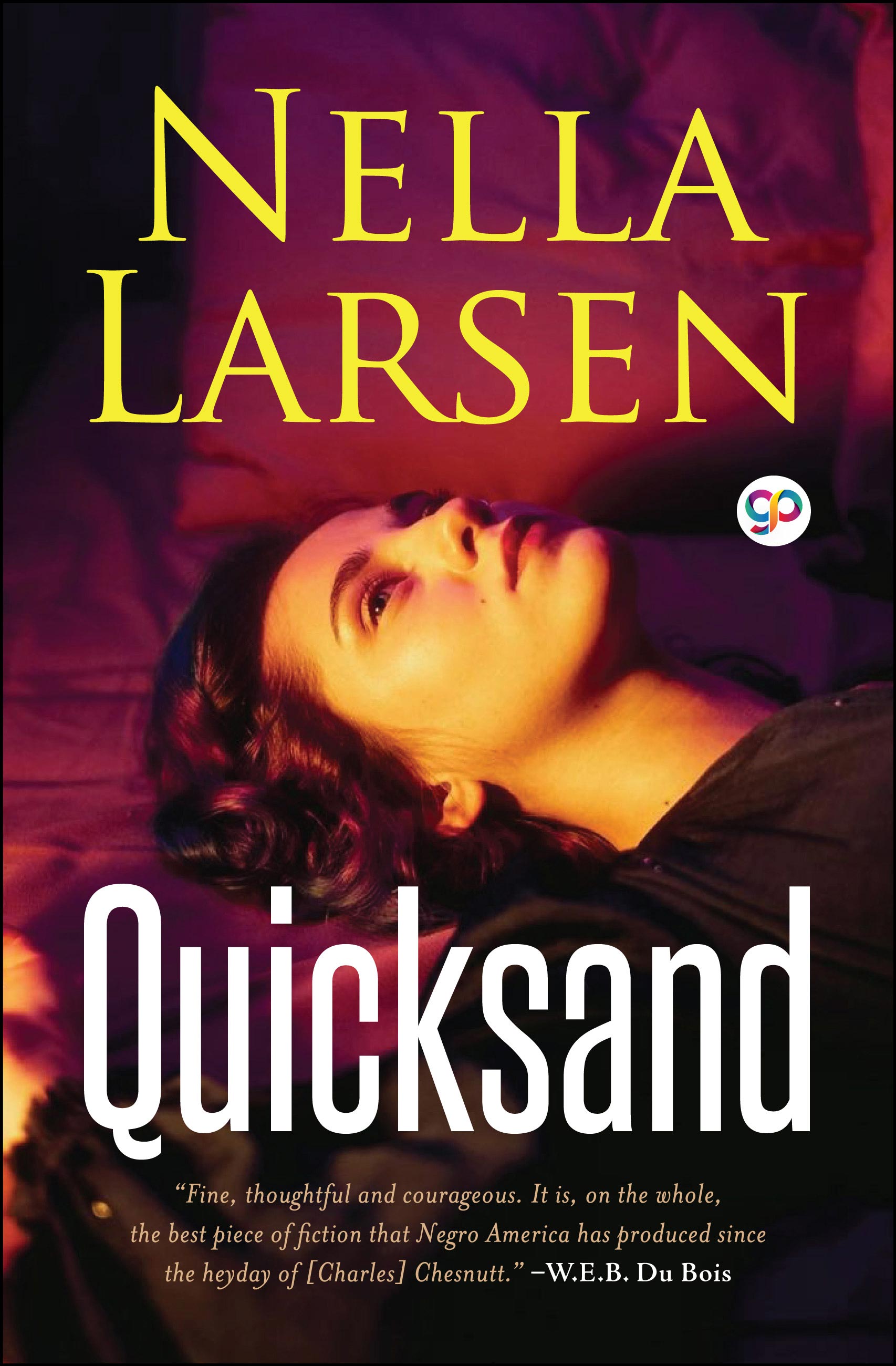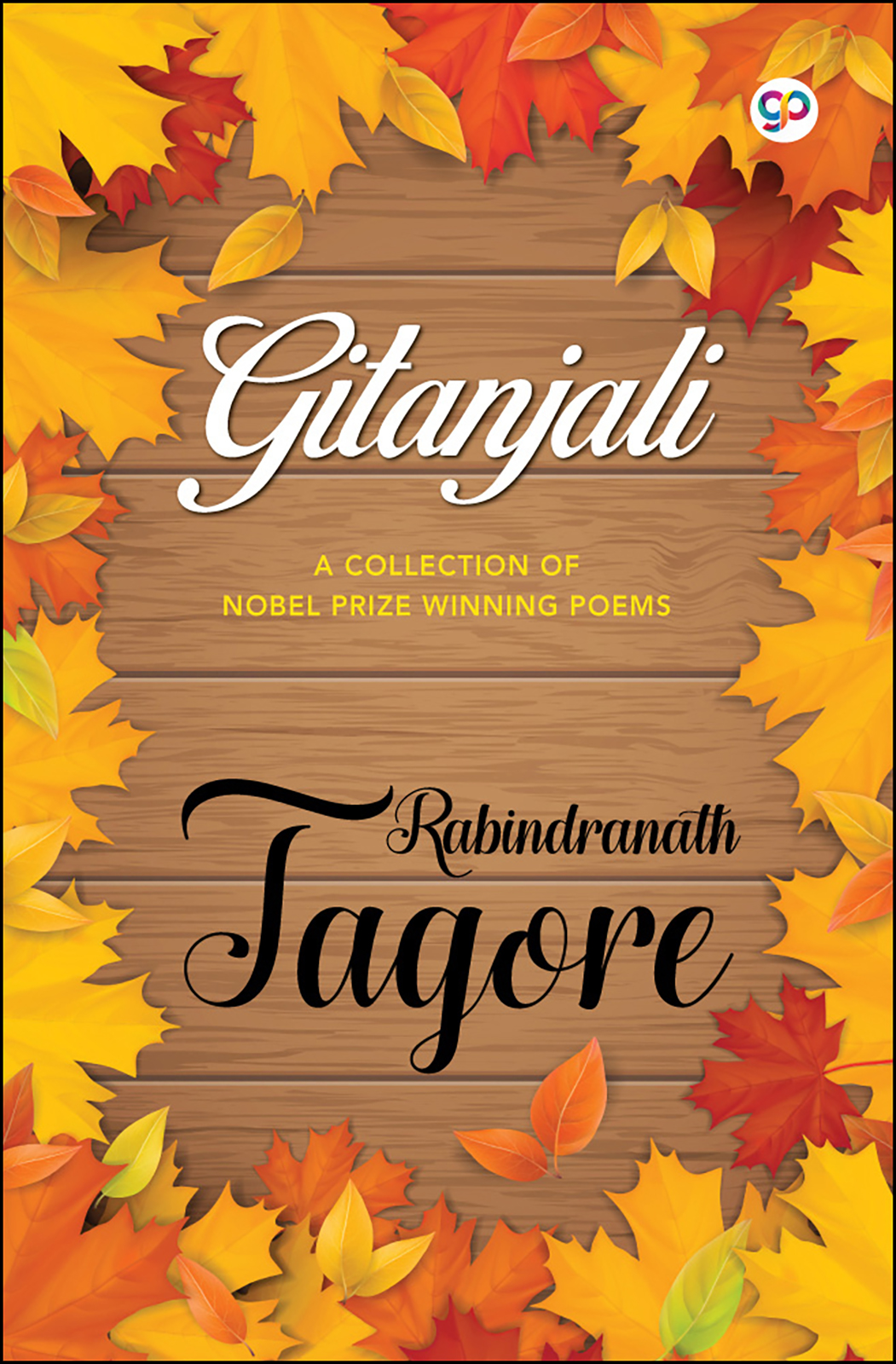
Far From the Madding Crowd (eBook)
Thomas Hardy’s first major literary success, ‘Far from the Madding Crowd,’ published in 1874, gave the name of Wessex to the landscape of south-west England, and the first to gain him widespread popularity as a novelist. In rural Victorian England, independent and wilful Bathsheba Everdene has come to Weatherbury to take up her position as a farmer on the largest estate in the area. Her valiant presence draws three very different suitors- Gabriel Oak (a generous shepherd), Boldwood (a proud, relentless Farmer) and Sergeant Troy (charming, unethical soldier). Each, in striking ways, perturbs her decisions, entangles her life, and tragedy emerges, threatening the stability of the whole community. Authentically portraying the superstitions and traditions of a countryside community, ‘Far from the Madding Crowd’ shows the speculative position of a woman in a man's world. The novel depicts the many faces of love, including heartfelt love and unscrupulous and manipulative adoration. It portrays a deep understanding of human sentiment and is undeniably one of Hardy's greatest love stories.
BEST SELLERS
About the Author
Thomas Hardy, OM, was an English author of the naturalist movement, although in several poems he displays elements of the previous romantic and enlightenment periods of literature, such as his fascination with the supernatural. He regarded himself primarily as a poet and composed novels mainly for financial gain. The bulk of his work, set mainly in the semi-fictional land of Wessex, delineates characters struggling against their passions and circumstances. Hardy's poetry, first published in his 50s, has come to be as well regarded as his novels, especially after The Movement of the 1950s and 1960s. The term cliffhanger is considered to have originated with Thomas Hardy's serial novel A Pair of Blue Eyes in 1873. In the novel, Hardy chose to leave one of his protagonists, Knight, literally hanging off a cliff staring into the stony eyes of a trilobite embedded in the rock that has been dead for millions of years. This became the archetypal — and literal — cliff-hanger of Victorian prose.
Read Sample

